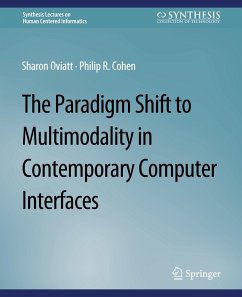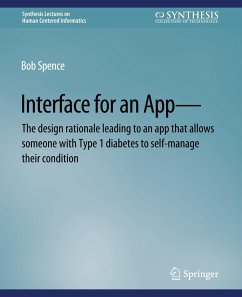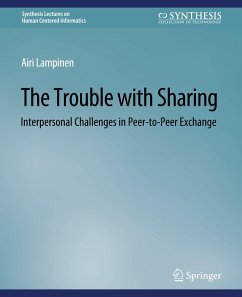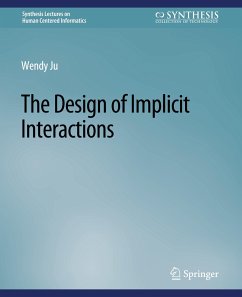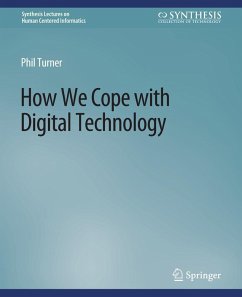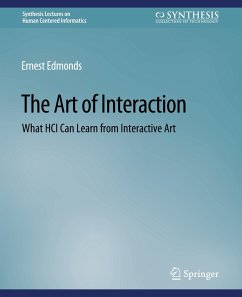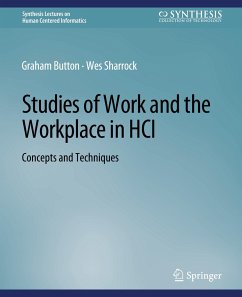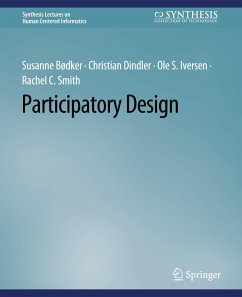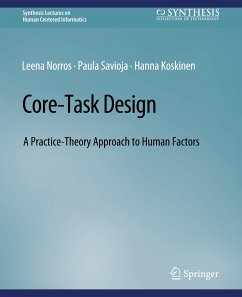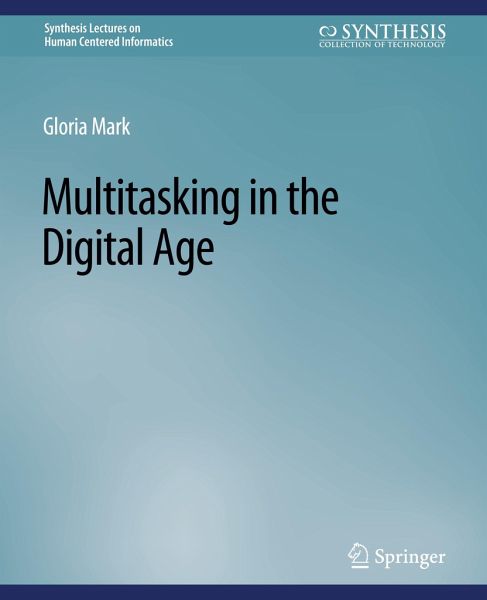
Multitasking in the Digital Age

PAYBACK Punkte
0 °P sammeln!
In our digital age we can communicate, access, create, and share an abundance of information effortlessly, rapidly, and nearly ubiquitously. The consequence of having so many choices is that they compete for our attention: we continually switch our attention between different types of information while doing different types of tasks--in other words, we multitask. The activity of information workers in particular is characterized by the continual switching of attention throughout the day. In this book, empirical work is presented, based on ethnographic and sensor data collection, which reveals ...
In our digital age we can communicate, access, create, and share an abundance of information effortlessly, rapidly, and nearly ubiquitously. The consequence of having so many choices is that they compete for our attention: we continually switch our attention between different types of information while doing different types of tasks--in other words, we multitask. The activity of information workers in particular is characterized by the continual switching of attention throughout the day. In this book, empirical work is presented, based on ethnographic and sensor data collection, which reveals how multitasking affects information workers' activities, mood, and stress in real work environments. Multitasking is discussed from various perspectives: activity switching, interruptions as triggers for activity switching, email as a major source of interruptions, and the converse of distractions: focused attention. All of these factors are components of information work. This book begins by defining multitasking and describing different research approaches used in studying multitasking. It then describes how multiple factors occur to encourage multitasking in the digitally-enabled workplace: the abundance and ease of accessing information, the number of different working spheres, the workplace environment, attentional state, habit, and social norms. Empirical work is presented describing the nature of multitasking, the relationship of different types of interruptions and email with overload and stress, and patterns of attention focus. The final chapter ties these factors together and discusses challenges that information workers in our digital age face.



